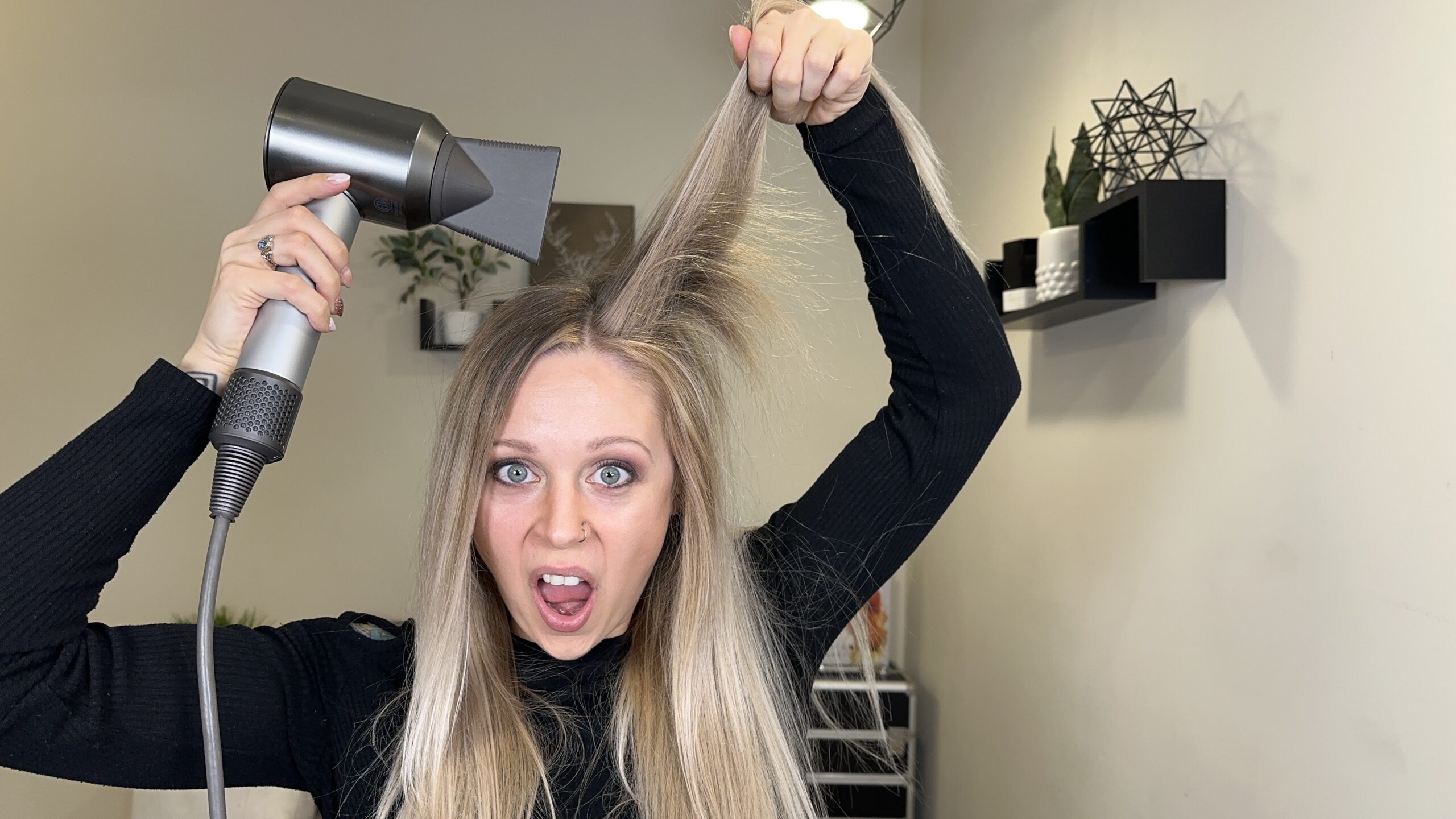
Company owners need to have a broad idea of what to anticipate and what to look for in an insurance quotation when they are searching for general liability insurance for their commercial endeavors. It’s a common misconception that all insurance plans are the same and acquiring coverage for any firm is as simple as the next for new business owners. There is no one-size-fits-all approach to insurance coverage and what they cover. Depending on the nature of your company, acquiring insurance coverage might be simple or quite complicated. Everything is subject to change based on your unique situation and the particulars of your organization. Purchasing General Liability Insurance may be complicated, so here are some pointers to keep in mind:
First, write a concise, clear, and comprehensive description of your company’s operations.
Some information about your company is required by the insurance providers that provide General Liability Insurance quotes for your company. If you’re beginning a new company, you’ll have to tell them things like how long it’s been in operation, how much expertise you have in the sector, what kinds of operations and services it will provide, and so on.
Your company’s general liability insurance provider may assess the risk it faces by using this information. If you have all of this information handy, the underwriting process will go more quickly, and you’ll be able to get a quotation for the coverage you need sooner.
Receiving numerous comparative estimates may be an easy procedure if your organization is a conventional contractor. It may take more time for your independent agency to obtain a market for coverage if you operate a more specialist sort of company that is less prevalent or has more inherent liability risk concerns.
If you don’t understand anything, ask your agent.
Exclusions are an important part of the process of purchasing General Liability Insurance. You, as a company owner, must thoroughly review any policy exclusions that may affect your firm. You may assist your independent agent figure out what insurance coverages you need by giving a detailed account of your company’s activities. Moreover, they’ll be able to show you any possible coverage gaps and explain the differences in quotations offered from various organizations.
Request clarification on any exclusions shown in your insurance quotation. Some forms of damages will be excluded from all liability plans. Nevertheless, the vast majority of them may have no bearing on the way you do business or your insurance coverage as a whole. For example, if you own and operate a restaurant that serves alcohol, a General Liability coverage will have a Liquor exclusion.
Consider combining your liability and property insurance policies.
Liability insurance and property insurance do not have to be included in the same policy or with the same insurer if you operate a company. In certain cases, it might make your life simpler and help you secure liability insurance for your company. It is far simpler for insurers to calculate the likely and maximum damage to the property they cover, but liability claims are much more open-ended and hard to anticipate. The opportunity to issue a property policy for a business encourages the insurance firm to provide a full package that includes liability coverage, which is why many businesses see property insurance as a more attractive line of insurance to write.








